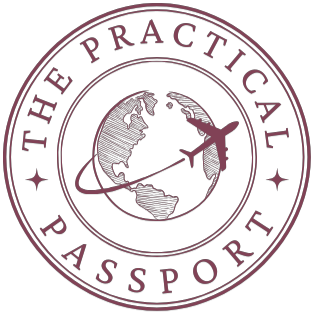There will be times when you fall ill, its just an inevitable part of life, and annoyingly sometimes this happen when you are abroad. Although there is no foolproof method to stop you from getting sick altogether there are ways to minimise the chances of you getting sick while travelling.
Check the FCDO website before travel
The Foreign Commonwealth and Development Office (FCDO) is a section of the UK government which provides travel advice to British citizens. The FCDO website states whether it is safe to travel to a certain country and shows if there are any current risks, such as disease outbreaks, war, or natural disasters. It provides information about every country in the world and includes a section called ‘Health’ which gives health advice for people travelling abroad and also includes links to the NHS Fit for Travel and Travel Health Pro websites. These two websites should also be checked prior to travel as they provide specific information about known diseases, suggested vaccinations, medication, altitude sickness and malaria in each country. If you live somewhere other than the UK, then your country’s government or medical service should have alternative websites where you can get similar advice.
Get vaccinated
Most people living in the UK and other developed countries should have received preventative vaccinations as a child. These usually cover you for diseases in your home country and some common diseases around the world. However, many underdeveloped, tropical or remote countries will have new diseases which you may not have encountered before, and your body will not be immune to. Therefore, it is essential that you research what diseases you need to be protected against in each country you are going to visit and get the relevant vaccinations. Not only is this going to help prevent you from getting ill when abroad, in some countries, vaccinations are a legal requirement in order to enter. You can find out vaccinations requirements for each country at travelhealthpro.org.uk
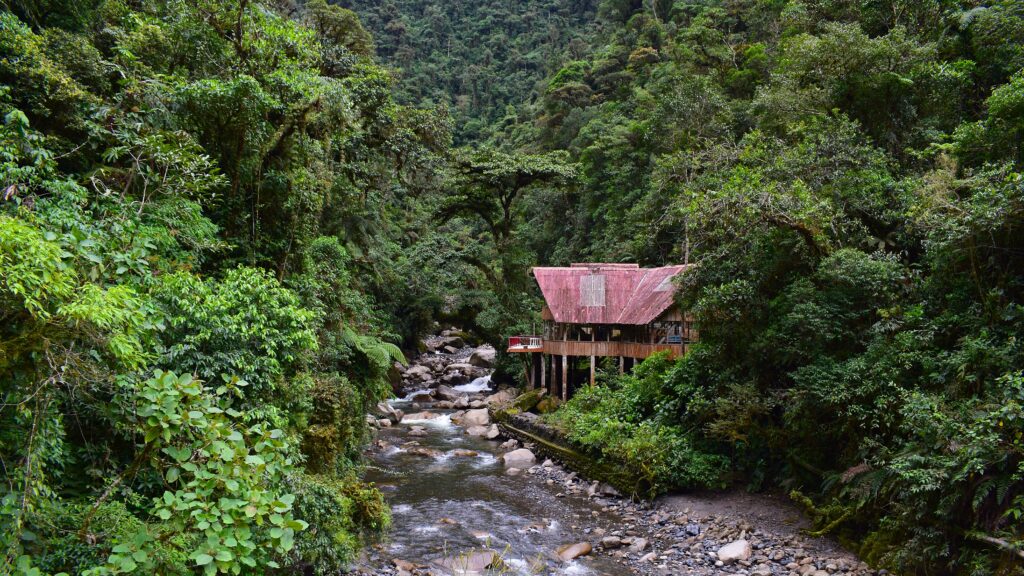
Check if you will be visiting a Malaria zone
Malaria is one of the biggest killers in many parts of the world and is a caused by being bitten by an infected mosquito. If you are entering a high risk area you will need to get malaria medication from your doctor prior to travel. There are different types of malaria tablets. Some have a higher risk of side effects and others need to be taken for longer. Speak to your doctor to find which one is best for you. You should also protect yourself from getting bitten by using bug spray (ones containing DEET are the strongest but not always suitable for everyone) and mosquito nets. To find out more about malaria and to check if you will be travelling into a malaria zone visit travelhealthpro.org.uk
Pack enough medication
If you have an ongoing condition that requires regular medication, make sure that you take enough with you for the entire trip. If you are going abroad for a long time and won’t be able to get enough to last the whole trip, then speak to your doctor to work out a plan of how to get more medication when you are away. Certain medications may be illegal in other countries or there may be restrictions. You might be restricted on how many tablets you can take or you may need to have an accompanying doctors note. Do research prior to leaving your country to ensure that you know how to store, transport and obtain your medication when you are away.
Beware of altitude
Altitude can affect everyone differently. Some people are fine at high altitude, others will get ill and can have headaches and sickness. If you have never been at a high altitude before, make sure you take time for your body to adjust to the change in altitude. Try and travel slowly to higher altitudes. This can either be just slowing down when hiking at altitude or staying in one place for several days to let your body acclimatise before moving onto even higher altitude. In some countries, doctors can prescribe altitude sickness tablets before you leave which can help (sadly the UK does not offer this). Some countries also offer alternative natural remedies which can lessen the symptoms. Peru for example offer tourists Cocoa tea and sweets while they hike to help them at altitude. If you are going to be doing a hiking, climbing or marathon challenge at altitude, make sure that you have properly trained beforehand so that your body is more prepared.
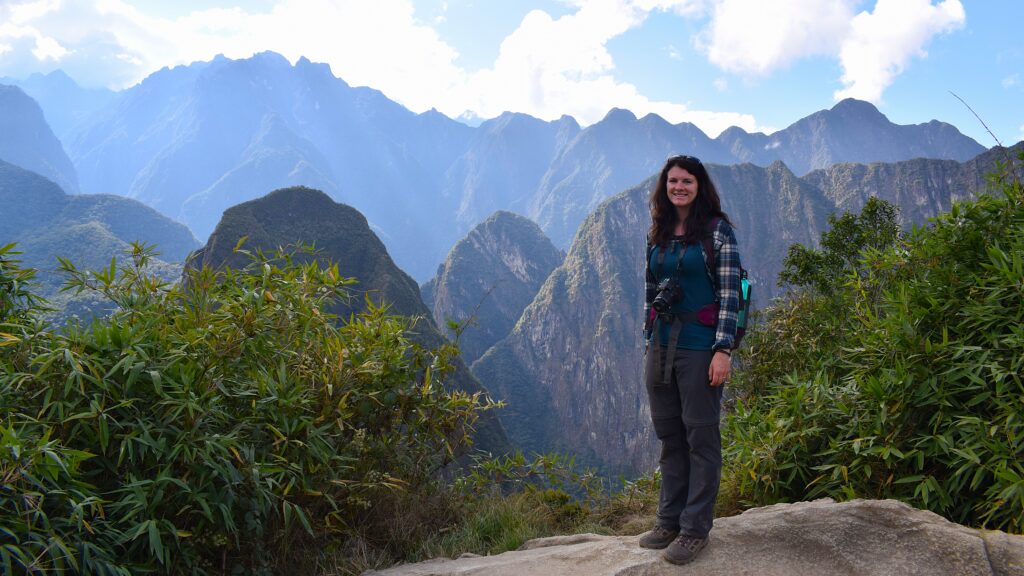
Pack a first aid kit
A well stocked first aid kit is essential when travelling, especially if you are going to be in a remote location. It can help fix everything from a simple cut to a burn or an upset stomach. You can either buy one or can make one yourself. Just remember to keep some essentials from it on you at all times especially when out hiking.
Protect yourself against the elements
You may face all different types of weather conditions when travelling, from scorching heat to freezing snowstorms. It is impossible to avoid the weather, but you can protect yourself against the worst of it by being prepared and dressing appropriately. In hot weather make sure to keep hydrated and stay out of the sun at the hottest part of the day. Cover up with light weight clothes, a hat, sunglasses and wear suncream. For cold weather make sure you are wearing enough layers, including waterproof clothing if you are travelling in an area prone to rain. A good warm waterproof coat and winter boots are must haves for surviving the cold weather.
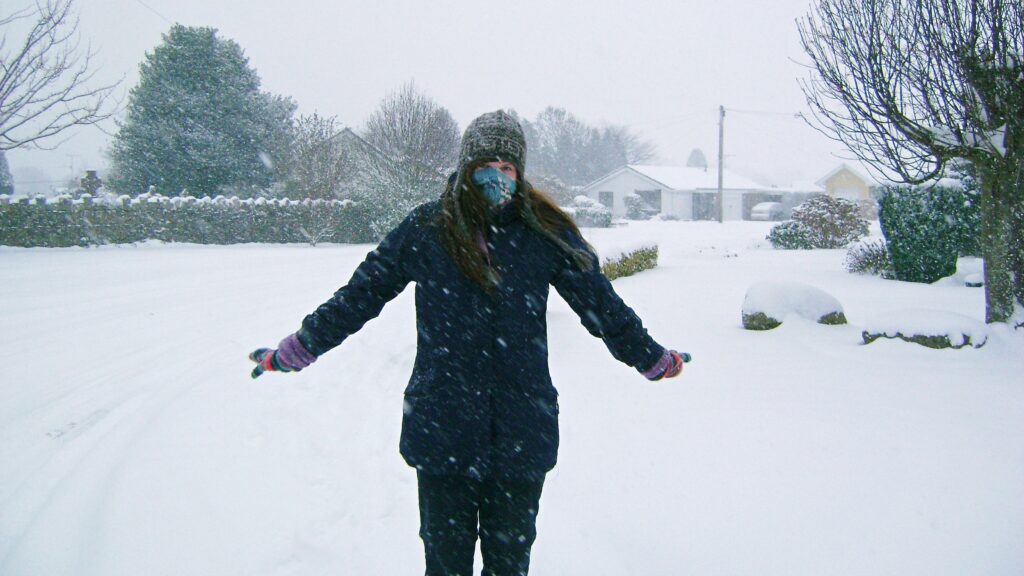
Keep your hands clean
Regular hand washing and overall good hygiene is key to preventing sickness while travelling. Make sure your hands are cleaned before and after preparing food and after using the toilet, travelling on public transport or handling wildlife. If you don’t have access to hot running water and soap, then the next best thing is to pack some hand sanitiser and tissues. Wipe off the excess dirt or food with the tissues then rub in the hand sanitiser. Don’t forget to then wash your hands properly when you next get the chance.
Beware the food
One of the best parts of travelling to new countries is getting to try out new delicious delicacies. Unfortunately though, many countries do not have as many rules in place when it comes to food hygiene, which can put food adventurous travellers at risk of an upset tummy. There is no way to completely avoid getting sick from food or drink while travelling but there are some foods to be aware of which have a higher risk.
Meat and seafood can often upset traveller’s stomachs if it is not properly stored or cooked. In some countries I’ve visited, I have seen food being left out in the hot sun, meat still being pink and lukewarm when served, and animals that you may not be used to eating, being consumed for dinner.
Street food and food being sold in markets are often higher risk as they may not have all the necessary equipment to store, wash and cook the food properly. These stalls are also small in comparison to an industrial sized kitchen, so cross contamination can easily occur. This can mean that cooked and uncooked meat may be in the same area, or meat, dairy and vegetable dishes could all be prepared in the same place. Cross contamination can also be a problem for anyone with allergies. If you have a serious allergy, it is best to avoid these types of places altogether as its almost impossible for them to avoid cross contamination. However, trying street food is a great experience and shouldn’t be avoided altogether, but it’s a good idea just to stop and think about which food stall to buy from. What food are they serving? How hygienic does it look? Is it popular? If in doubt, going vegan is often a safer (but not completely safe) bet.
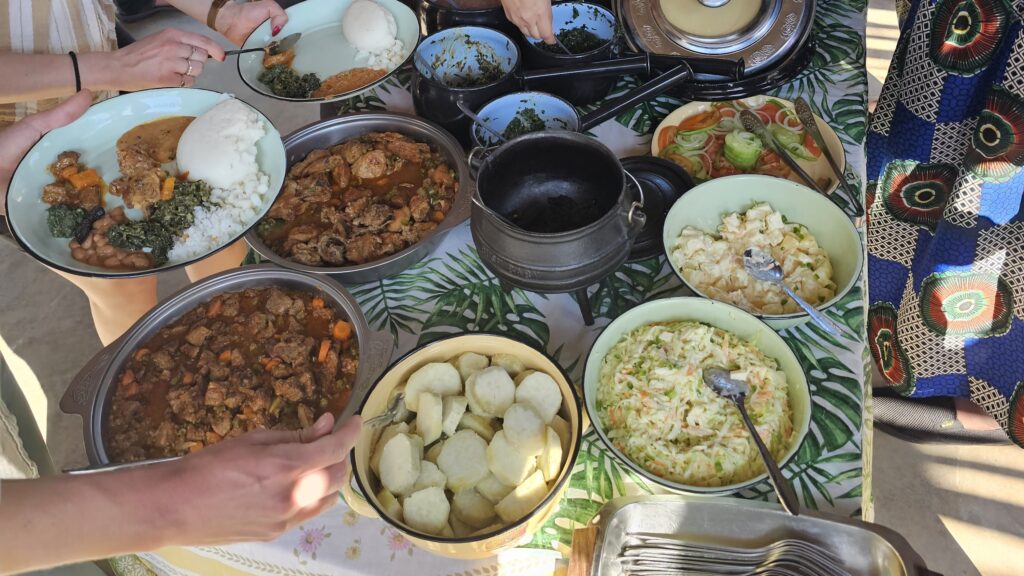
Check if the water is drinkable
Many countries do not have regular access to clean drinking water. It is always best to do your research and check whether the water in the area you are visiting is safe to drink. If it is not safe to drink, then just use bottled water instead or boil the water first. If the water is undrinkable, then it may not be suitable to brush your teeth in either and you may have to use bottled water. Also be careful of having ice in your drink at a bar, as the ice is often made from the same undrinkable water that comes out of the tap, so when it starts melting in your drink it can cause an upset stomach.
Keep fit
A fit body is a healthy body (usually). It is tempting while travelling to just lounge by the pool or stuff your face with the local food, but it’s important to keep active as well to ensure that your body remains fit and healthy. I personally find keeping fit easier when I’m abroad as I often rack up thousands of steps from just exploring each new place. Regular walking, swimming or playing sports can help both your mental and physical health, which can help minimise the risk of illness, injury and disease.
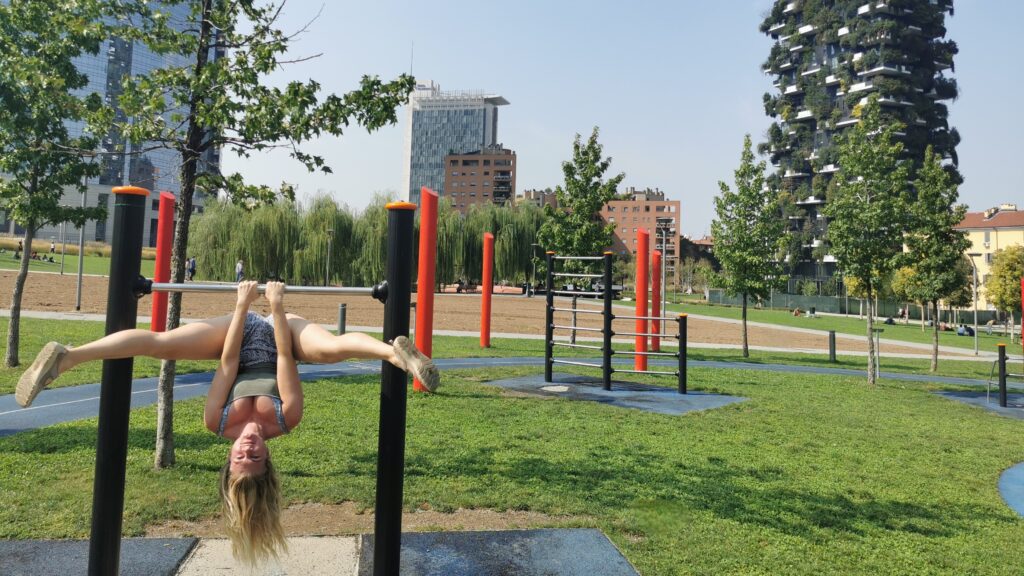
Take preventative measures if you’re prone to travel sickness
I get very bad motion sickness especially on boats, so one of the main things I will do is just avoid going on boats. Unfortunately, it’s not always possible when travelling. If like me you also get motion sickness then you should make sure you pack preventative travel sickness medication or other devices that work for you e.g. travel bracelets, motion sickness goggles etc. I also find it helps to avoid doing certain activities while travelling which I know will make me feel more sick such as not reading in a car, but you will need to work out the things that work best for you.
Pay attention to safety briefings and warning signs
You will probably be partaking in lots of different activities when travelling. This could be sea swimming, horse riding or even bungee jumping. Whatever it is, make sure to pay attention to the instructor or any warning signs around as they are there for your safety to prevent you from getting injured. If you are not sure about something, then make sure you ask for clarification before undertaking any activity.
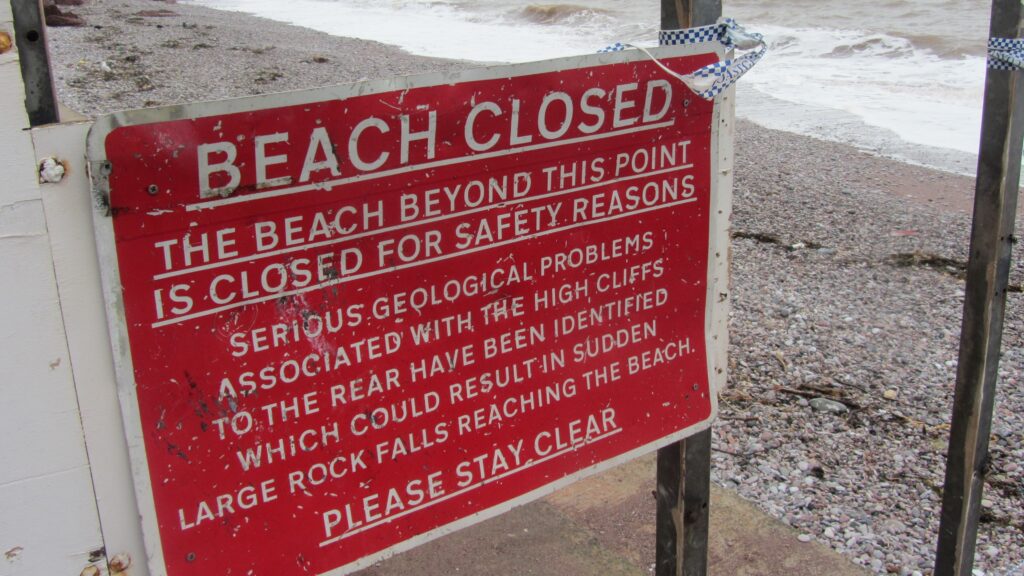
Take time for your mental health
Travelling can be stressful and overwhelming. You are often in a new place every day, with people you don’t know, trying to speak a language you don’t understand, while trying to live on a tight budget. This can get a bit much for anybody after a while, so it’s ok to just stop for a bit and to take some time to yourself. That could be turning down a night out, booking yourself into a fancy hotel instead of your hostel dorm or just sitting alone and reading. Whatever your down time looks like, you are not ‘failing’ at being a backpacker if you can’t handle partying every night or need some space to yourself. If you occasionally take time out for yourself, your mental health will improve, and you will find a new love for travel and be ready to try new things again.
Seek medical attention
If you do get sick or injured while travelling it is important to seek medical attention to avoid your health getting any worse. It can be scary thinking about going to a hospital abroad, so see if you can take a friend with you, or better still a local if you know one. If you are staying in a hostel or hotel, the receptionists should be able to help find you a doctor and might even be able to call them and translate if needed. Although there may be a fee for seeing a doctor abroad, it is better to get yourself treated sooner rather than later, to avoid having to pay more money if your condition worsens.
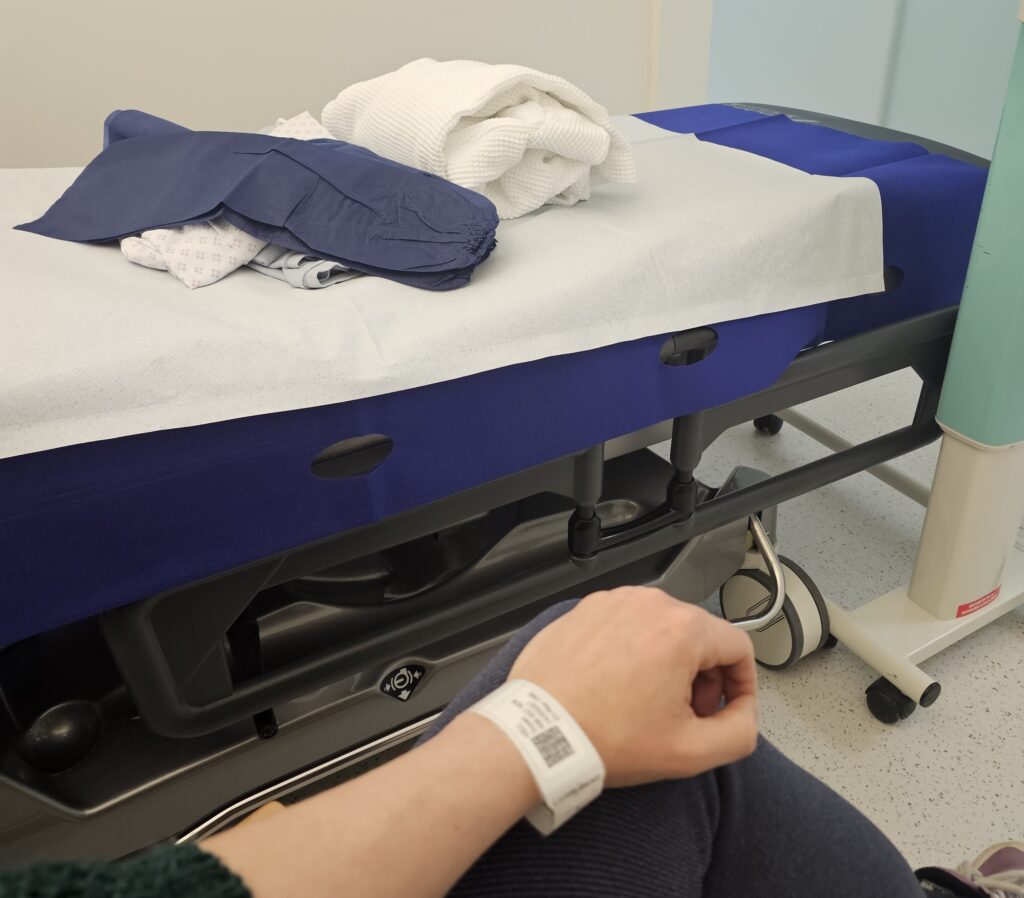
Get travel insurance
While travel insurance won’t stop you from getting ill when travelling, it will help you pay for medical treatment should you need it. The last thing you want when travelling is to fall ill or get injured only to realise that you can’t afford to get help because you don’t have insurance. All travel insurance will cover for medical costs, but the amount they will pay out and what services are included can vary. Do your research and check the fine print of any travel insurance policy before you buy it.
Want to find out other reasons why travel insurance is important and what to look for when buying it, then check out our travel insurance guide.
